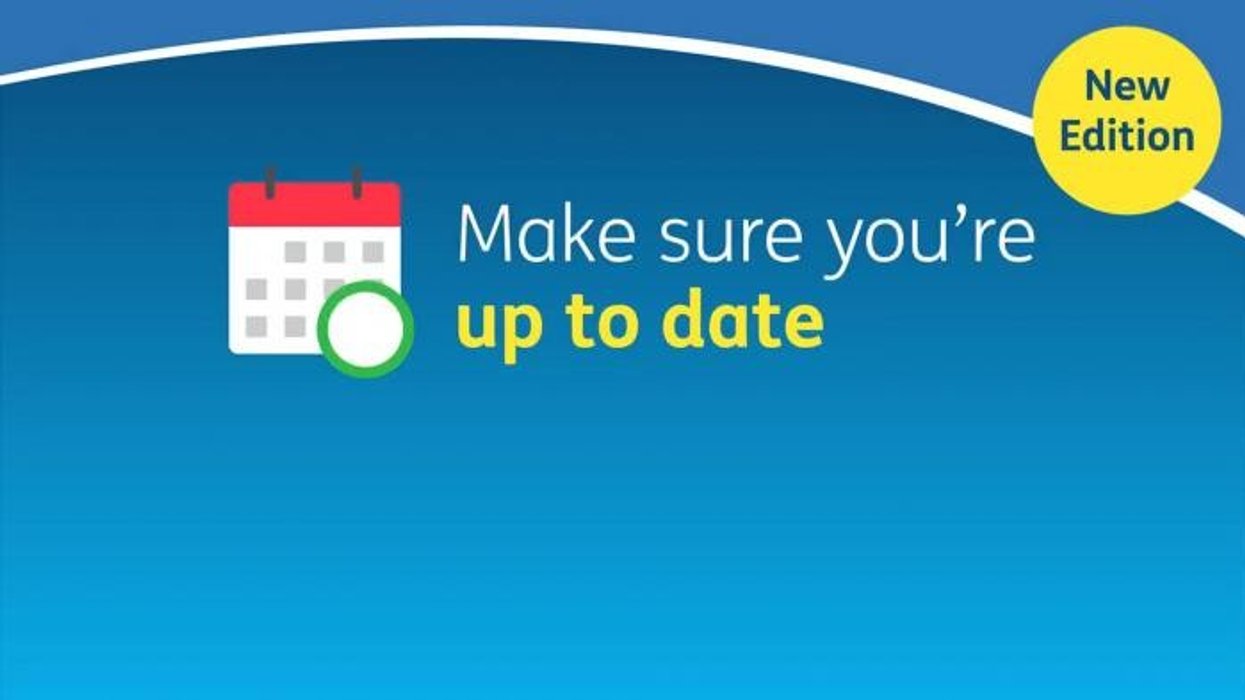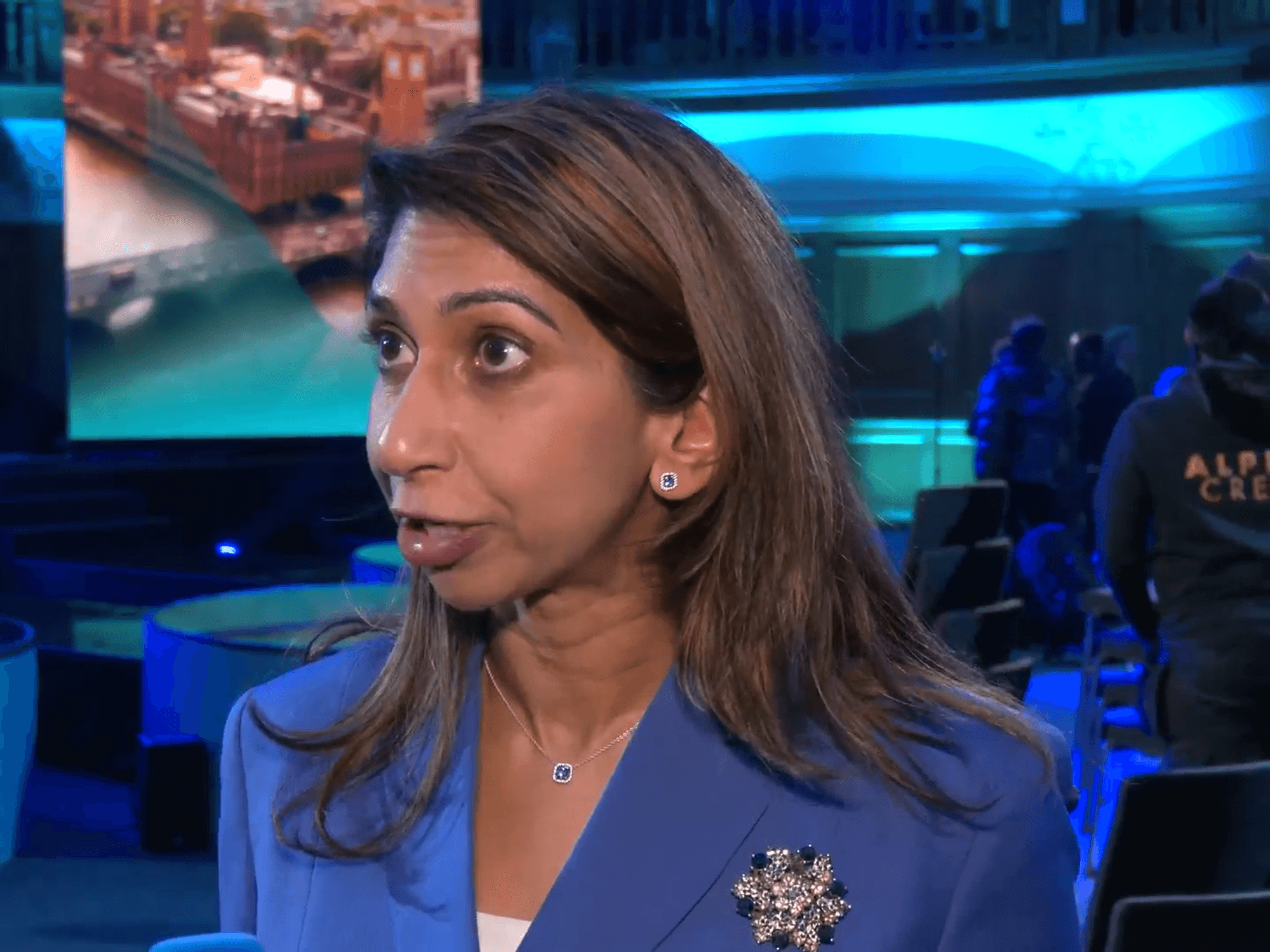Motorists face £100 penalty for 'common' driving move which breaks crucial Highway Code rule

Under rule 264 drivers must not hog the middle lane of the motorway
Don't Miss
Most Read
Drivers have been warned they risk a £100 penalty for "common" driving mistakes which could land them in trouble with the law.
It comes after experts warned that drivers who hog the middle lane without overtaking can be issued a fine for breaking a crucial Highway Code rule.
According to the Code, drivers should only travel in the middle lane when overtaking, with normal driving needing to take place in the left lane of the motorway.
Rule 264 requires drivers to keep in the left lane unless overtaking, and if they are overtaking, they should return to the left lane when it is safe to do so.
Do you have a story you'd like to share? Get in touch by emailing motoring@gbnews.uk
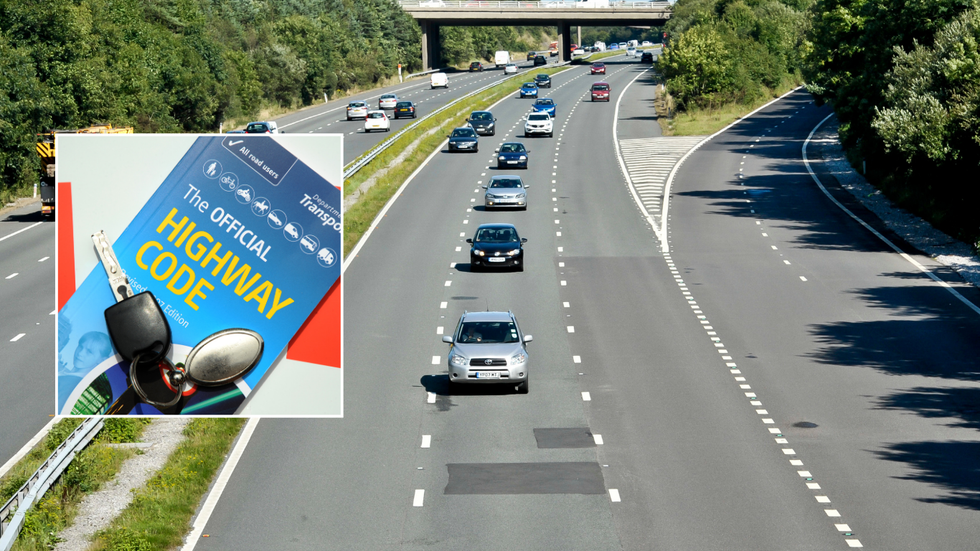
Under Rule 264, drivers must not hog the middle lane of the motorway
|PA
The Code states: "Be aware of emergency services, traffic officers, recovery workers, and other people or vehicles stopped on the hard shoulder or in an emergency area.
"If you are driving in the left lane, and it is safe to do so, you should move into the adjacent lane to create more space between your vehicle and the people and stopped vehicles."
Despite the rule, drivers have been caught ignoring the safety warning with middle lane hogging remaining widespread.
A spokesperson for car repair experts, Bumper, warned that while middle lane hogging might seem "harmless to some, it can have real consequences".
The expert explained: "Not only can it earn you a £100 fine and three penalty points, but it also disrupts the natural flow of motorway traffic, causing frustration and potentially dangerous overtaking."
They warned that staying in the left-hand lane when not overtaking is a "simple rule that makes a big difference to everyone’s journey".
The warning comes as more drivers head out for summer road trips, with motorists urged to "brush up on motorway etiquette" to avoid unnecessary penalties that could impact car insurance premiums.
Driving in the middle lane is an offence under the "careless driving" rule, with police having the authority to issue on-the-spot penalties.
LATEST DEVELOPMENTS:
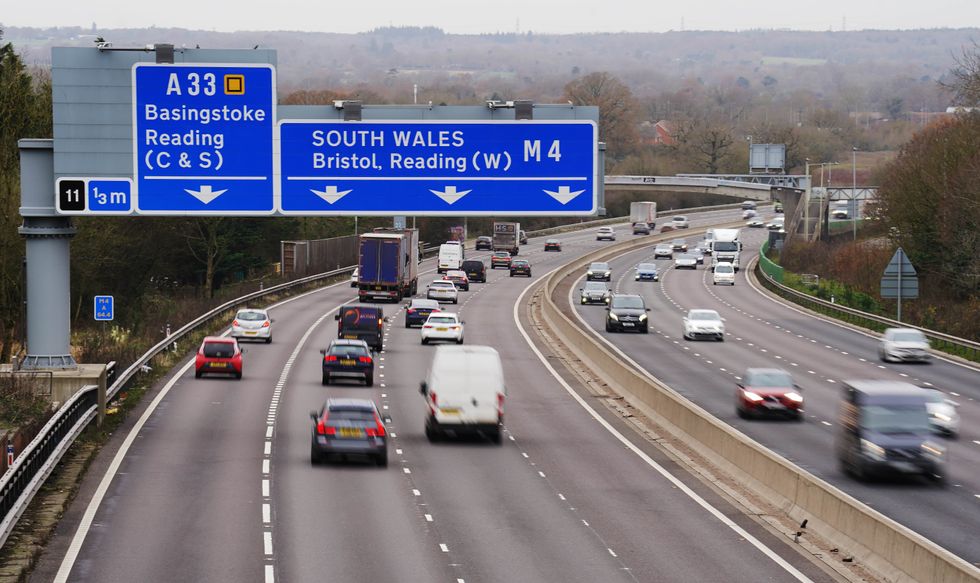
Experts have called on drivers to ensure they avoid hogging the middle lane
| PAIn more serious cases, drivers can be taken to court, where higher fines and more points can be imposed.
In recent years, police forces have increased efforts to tackle inconsiderate driving behaviours on motorways, including tailgating, undertaking, and misuse of lanes.
Police forces define careless driving as taking place when "driving falls below the minimum standard expected of a competent and careful driver and includes driving without reasonable consideration for other road users".
Some examples of careless or inconsiderate driving include overtaking on the inside, driving too close to another vehicle, driving through a red light by mistake, turning into the path of another vehicle, as well as misusing lanes to gain an advantage over other drivers.
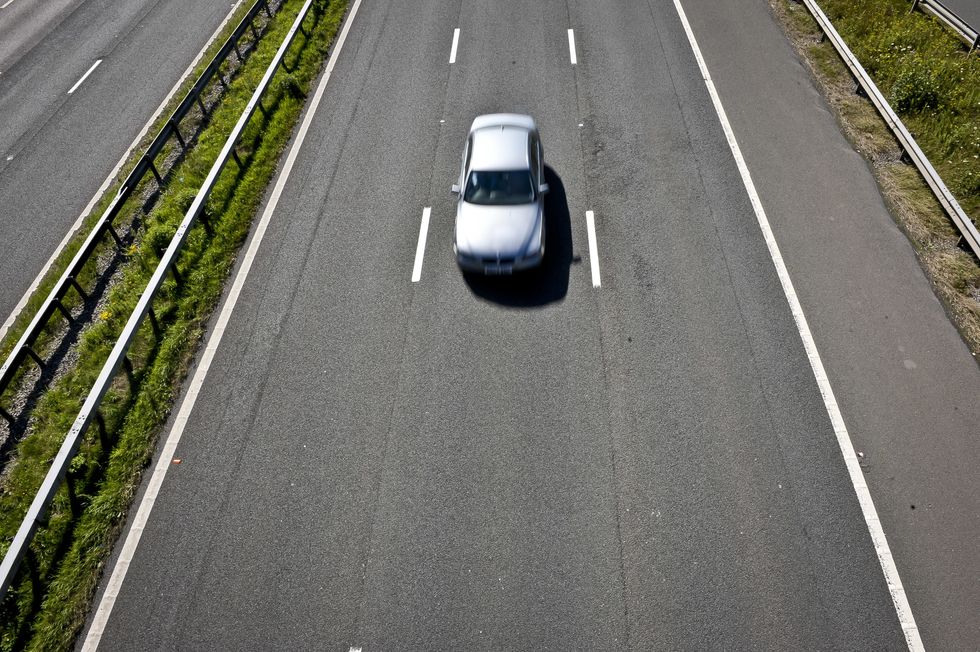
Drivers can be fined for travelling in the middle lane of the motorway when not overtaking
|PA
Other examples include drivers unnecessarily staying in an overtaking lane, unnecessarily slow driving or braking, and dazzling other drivers with their headlights.
Experts also warn that middle lane hogging can increase the risk of accidents by forcing other drivers to weave between lanes more often.
It can also frustrate road users and contribute to road rage incidents, especially on busy stretches where traffic is already heavy. To help avoid being fined, the Bumper expert urged drivers to use the left-hand lane unless they are overtaking.
"After overtaking, move back into the left lane when it's safe to do so, stay alert and considerate of other drivers, especially on long journeys," they added.


